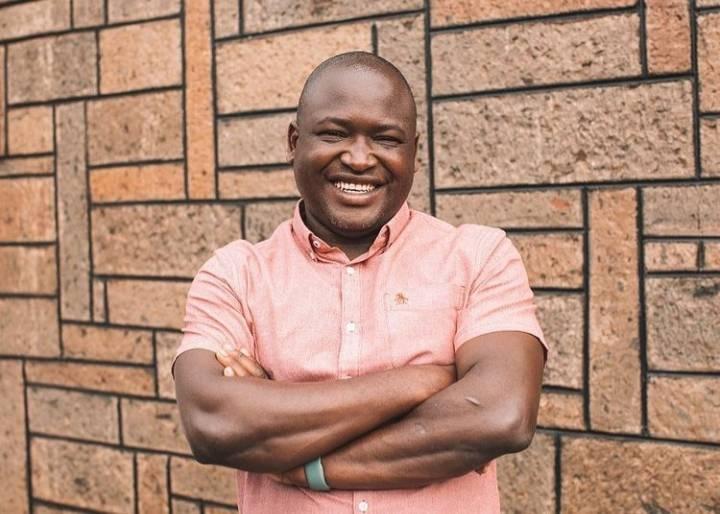

This year’s International Youth Day on
August 12 is being observed amidst unprecedented social and economic upheaval
among young people, not just in Kenya, but around the world.
Let’s be clear: the greater society shoulders the responsibility of addressing challenges facing the youth.
While
these issues demand targeted solutions, it would be folly if we continue
confining the youth agenda to an isolated category without appreciating the
collective effort required to confront them.
In the aftermath of the Gen Z-led protests in Kenya in 2024, and the first anniversary this year, we heard national leaders faulting parents for failing to raise their children with grace and respect.
That conversation has now shifted to a campaign for so-called
inter-generational talks to discuss the present and future of the nation.
The constantly evolving messages are
indicative of the lack of a coherent strategy for dealing with the triggers that
have led to widespread youth disenchantment in Kenya,
During an event to celebrate the 2025 Mandela Prize at the UN in Nairobi this week, I shared with the distinguished audience how being honoured with this award, named after one of the greatest statesmen of our time, has given me pause for reflection.
I can personally
relate to the anger and restlessness of the youth today because I was once in
their position: hopeless, marginalised, neglected.
I have first-hand experience of how systems fail the young and how the world sees them as a risk, never as the answer.
During my youth, I hit rock bottom, living off the streets with the attendant social ills such as substance abuse and crime.
Thankfully, I was fortunate to find a way out of that morass by striving to acquire an education and mobilising my peers through activities like football and environmental clean-ups for our community in Kibera.
We had no money; it took nothing but
youthful resolve and sheer determination to create the change that is being
feted two decades later.
I share that story at every forum to stir
young people towards the power they hold to turn around their own lives, that of
their families and communities, the nation and the world.
I am optimistic about a positive future when I see young people organised, developing innovative solutions to everyday challenges, building businesses, and leading community forums.
The creative sector has opened up through social media, and young Kenyans are now filling up the streets of their towns during the weekends, smart phones at the ready, filming music and dance videos.
We must not frown upon their efforts but rather
encourage them and establish platforms where their talents can flourish.
In other words, the youth are not waiting to be invited to the table; they have built their own tables.
The Kenya
Population and Development Conference 2025 revealed that 75% of Kenya’s
population consists of youth, according to data from the National Council for
Population Development.
Surely, a demographic of that size cannot merely exist on the fringes of society; its rightful place is at the forefront of every national conversation.
There is no shortage of official policy papers, programs and strategies to address training and skills, employment, and access to credit, but clearly, we need to move beyond statements of intent to tangible and sustainable actions.
That does not mean
quick fixes such as the Hustler Fund, which, thanks to a report this week by the Kenya Human Rights Commission, has been dismissed as a political tool, or the
so-called empowerment drives being championed by a class of politicians across
the country.
Nelson Mandela reminded the youth that ultimately their progress will depend on how they apply themselves to their work.
In the words of Madiba: “The road to a better life demands hard work. It
demands discipline, patience and responsibility.”












